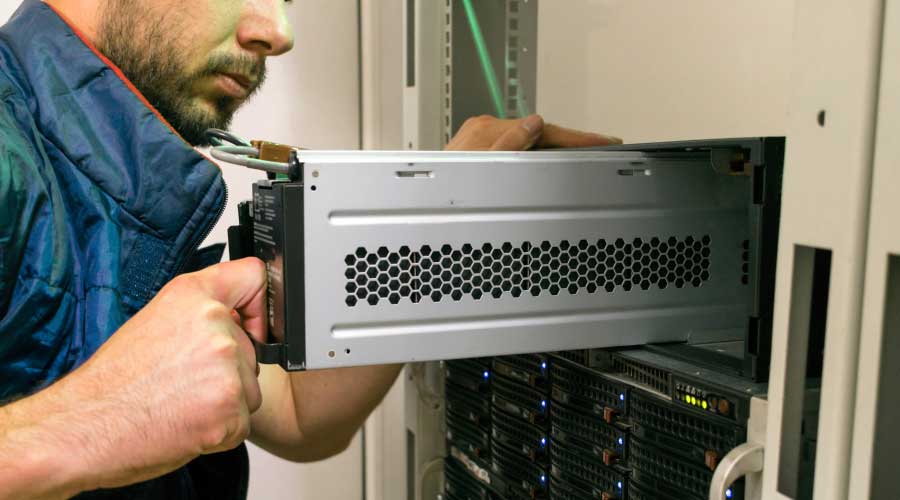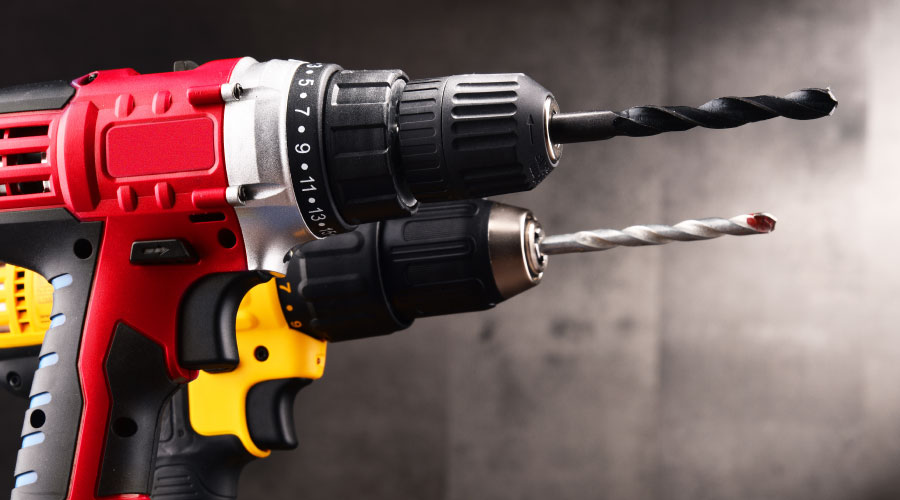How To Handle A Utility Billing Dispute
While an amicable settlement of a utility billing dispute is always the desired result, sometimes formal complaints to utility regulators are needed to recoup overcharges. Many PUC web sites now have online complaint forms, offering a simple process not requiring an attorney. Customers are advised to print out such forms after filling them out, but before filing, and carefully track the progress of a complaint in a file.
It is worth noting that billing disputes under deregulated power contracts are (if mediation fails) handled through a civil court process rather than through complaints to PUCs. When considering a retail power contract, be sure to review how it handles billing problems and service failures. While many contracts clearly state the conditions for a force majeure, it pays to understand under what conditions a customer can make such a declaration to suspend an agreement without incurring a penalty.
If a billing dispute cannot be quickly addressed to a facility's satisfaction, it pays to file a complaint early (with either a regulatory body or civil action) because of the time it may take to proceed. Sometimes merely having filed is sufficient to expedite an acceptable settlement. Such a filing can always be dropped before a hearing occurs. Waiting until all amicable means have been exhausted could instead result in missing a deadline. In one case, getting a grid operator to correct a wholesale billing issue was not pursued within the six-month limit on such matters. That resulted in the need to pursue a complaint at the Federal Energy Regulatory Commission (which charters grid operators), requiring specialized (and expensive) legal representation.
While not paying a bill one believes to be faulty is always an option, it is best to pay something each month as a good faith effort. Doing so makes the customer appear reasonable should the case go before a judge or regulator. Withholding a part of a disputed bill may also minimize the usual difficulties in "clawing back" funds already in an adversary's pocket. If the customer's position is proven correct, any late charges or interest should then also be forgiven.
Some well-meaning utility account reps may try to resolve a dispute by offering a partial refund. In some cases, "a payment in hand is worth two in a court." Quickly cutting one's losses (instead of merely enriching an attorney or consultant) may be the best way to move ahead.
It pays to maintain a good paper trail on all claimed refunds. In one case, a utility granted several refunds only to take them back the following month as "billing adjustments." Without good bookkeeping, trying to later unravel multiple contradictory financial transactions will only cause accelerated hair loss.
— Lindsay Audin
Related Topics:














